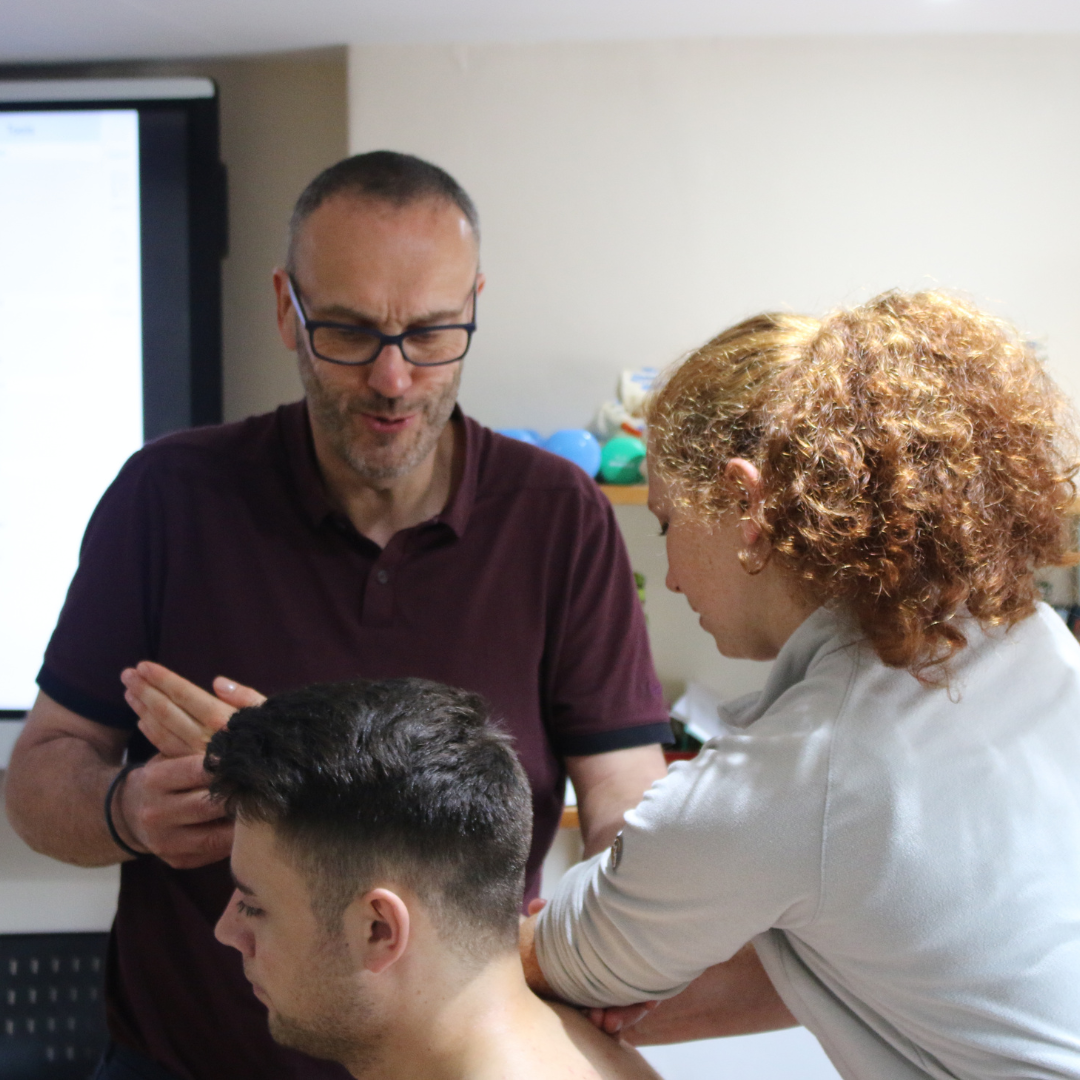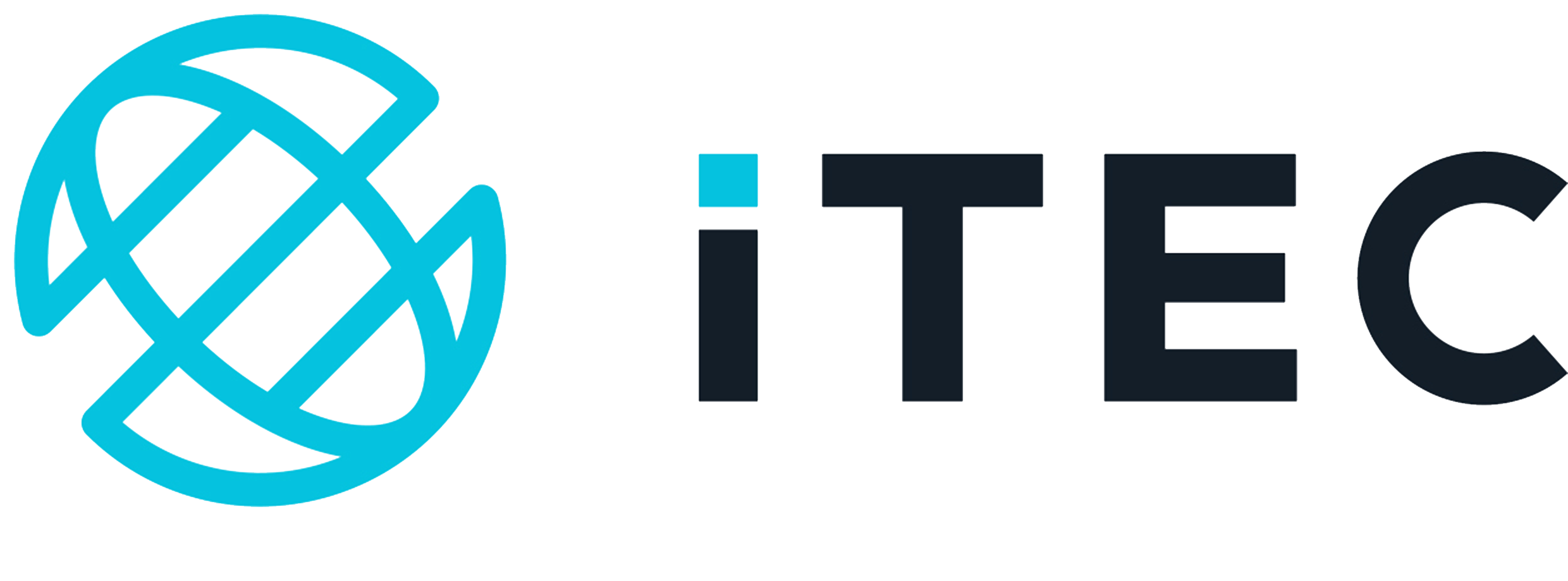 We should start by saying that there has never been a more important time or a greater need for the work we do. We can make a real change in people’s lives through proper assessment and soft tissue therapy. There has also never been a more exciting time for the sports massage industry. Visibility and understanding of working with fascia and the benefit of having soft tissue therapy to improve our health and wellbeing is no longer reserved for those involved in sport.
We should start by saying that there has never been a more important time or a greater need for the work we do. We can make a real change in people’s lives through proper assessment and soft tissue therapy. There has also never been a more exciting time for the sports massage industry. Visibility and understanding of working with fascia and the benefit of having soft tissue therapy to improve our health and wellbeing is no longer reserved for those involved in sport.
When asked how to thrive in this industry we landed on the idea of progression. When do we make the decision to progress and what should our progression look like.
Progression can be defined as advancing or moving forward in a particular direction. In general, progression is associated with improvement, growth, and development. Progression may occur in various aspects of life, such as personal, academic, professional, and social. How we thrive and flourish as a therapist, which direction we take and how we reach our goals will look different for every therapist.
As a training provider we recognise the need for a more “wholistic” approach to how we support therapists in their progression. We are uniquely placed in the complementary health and sport industry to welcome new and exiting ways of challenging how we progress and what pathway we take along this journey.
If we take the idea of progression being personal, academic, professional, and social it can lead us nicely down the many different paths available to therapists.
For instance, in personal development, progression may involve setting and achieving goals, learning new skills, trying new experiences, and developing positive habits. In academic progression, it may involve advancing through the various levels of Sports Massage training. In professional progression, it may involve exploring different ways of working by acquiring new skills or researching in greater depth. In social progression, it may involve promoting inclusion by challenging old biases, sharing our knowledge and working with and alongside other professionals rather than viewing others as competition.
We love this model of progression for our community of therapists. Our career should enable us to progress personally, academically, professionally, and socially.

 Learn sports massage underpinned by anatomy and physiology within the highest industry standards. Gain a professional sports massage qualification through a blend of interactive online home study and classroom attendance.
Learn sports massage underpinned by anatomy and physiology within the highest industry standards. Gain a professional sports massage qualification through a blend of interactive online home study and classroom attendance.